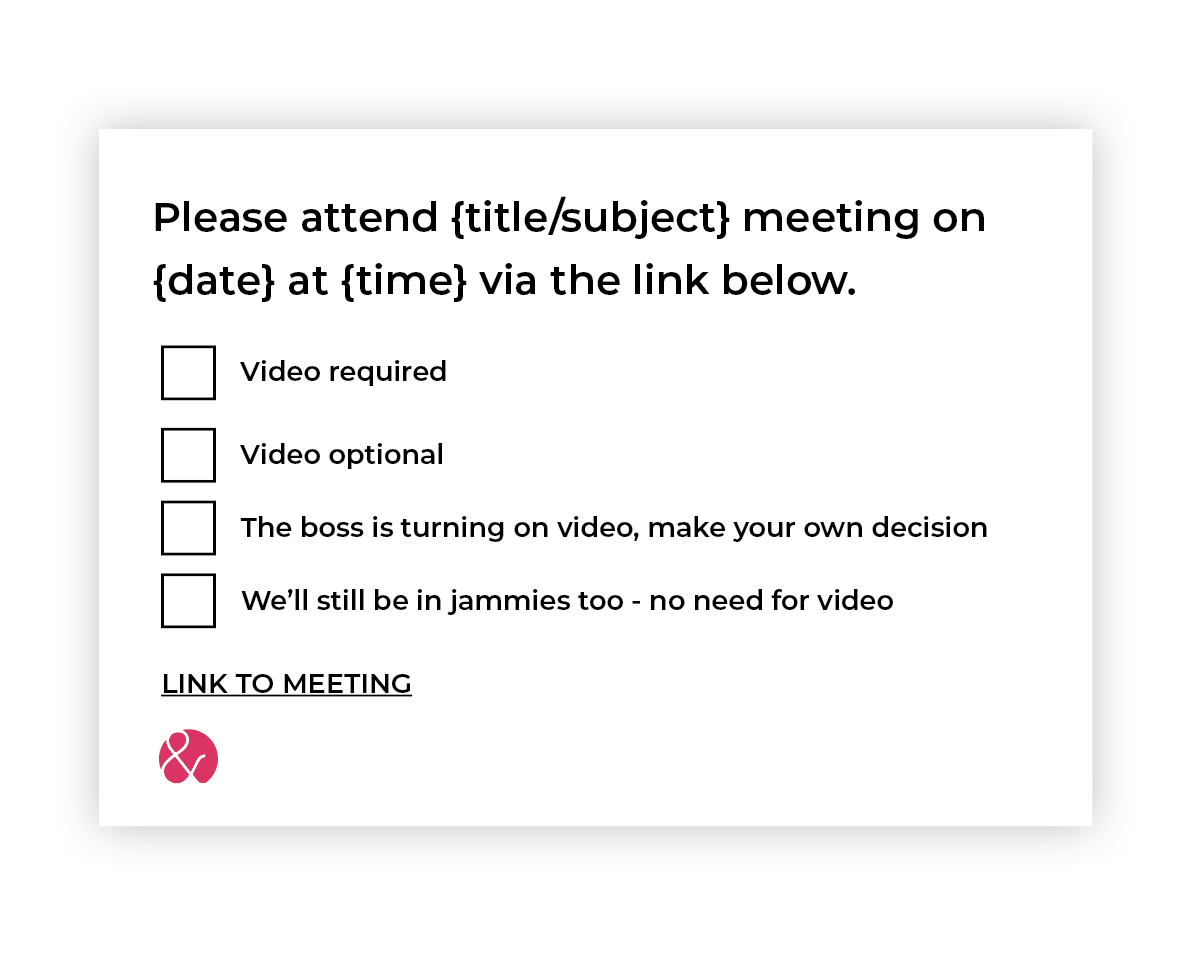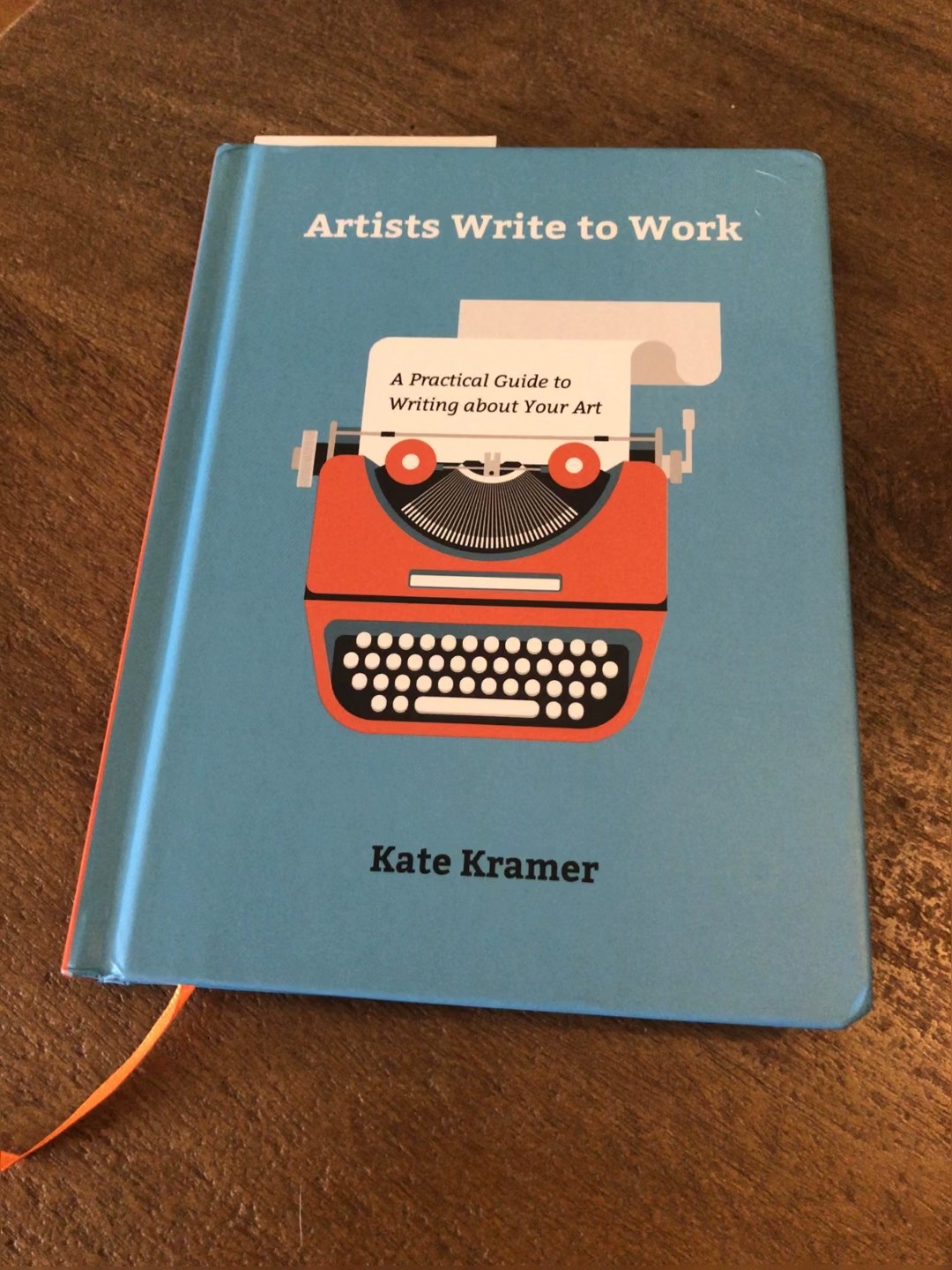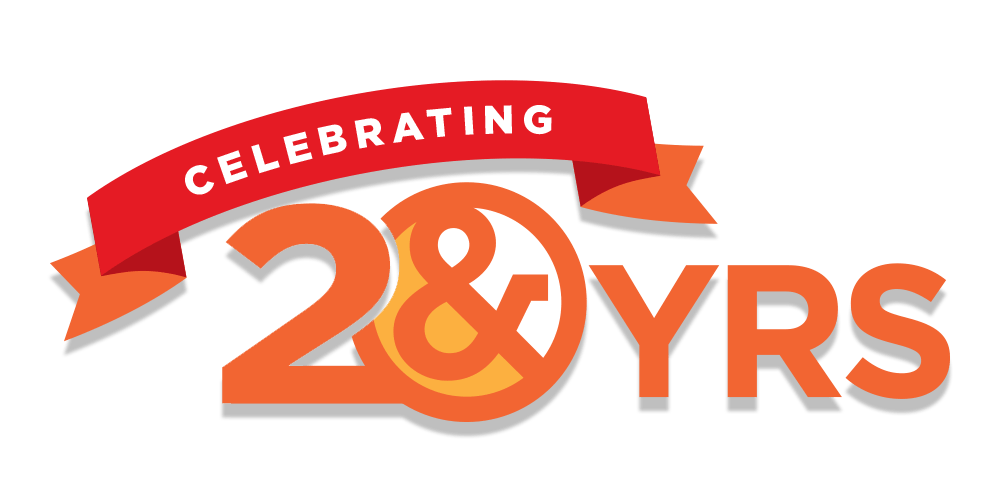It's not rocket science. You don?t need to hire a fancy Search Engine Optimization agency to boost your site's ranking. The Internet has a stockpile of information on the subject of SEO, free for the taking. Here's what we've found in the process of educating ourselves for our clients:
Don't be a slave to your keywords
Writing still rules and the audience matters. Don't represent yourself with stilted, contrived writing just to jam those keywords into your copy.
We take an organic approach, first writing the copy that best suits our clients, and then subtly massaging those keywords that best fit into the written copy.
Search for yourself
To come up with an initial dozen keywords we become a customer and search for our clients the way their customers might. We think of general searches people might use to find them. For instance, what city they are in, what general type of work do they do (realtor, plumber), owner's name, etc.
Check it out on Google AdWords' keyword tool
Google has a fabulous and free tool called Google AdWords Keyword Tool. Love it! Take your top keywords, drop them in to the search, and view the results.
What you want are the words most searched for, but with the least competition. For this article, I typed in "Tips for SEO" and found that "How to Write for SEO" had about 350 searches, but very low competition. Thus, the title of this piece.
Massage those words in
Once you're set with your list of keywords and phrases, think about where they could fit into your existing copy. They may not all make it in, but that's alright. You're only shooting for about 5-7 keywords per 100 words of copy anyhow.
Organizing your keywords/titles
Once keywords and phrases for each page of your site are set, they need to be programmed. We begin by creating an Excel chart featuring the Title Tag (appears at the very top of each web page with a unique title for each page), the Keywords (only 5-7% keyword density per page) and a Meta Description (1 or 2 sentences that explain the focus of each page).
Programming your SEO
Depending on what particular program your site was created in (WordPress is our favorite), you can either program the Title Tags, Keywords and Meta Descriptions yourself, or pass them on to your programmer to input for you.
Another way to go is to set up Google AdWords. For a fee, your site can appear in the Sponsored Links section next to search results.
Practice makes perfect
The best advice we've heard is just dig in and try it. You've got to tinker and play to really get it. You'll figure things out along the way, and the beauty of websites is, you can make changes any time. If you're not seeing the results you'd like, get in and change things up.
While SEO is not rocket science, it's also not down to a science, and things are constantly changing. We like to search for a topic and see who comes up highest in the rankings, then visit those sites and see what they're doing with keywords and titles to get noticed.
It can be fun to learn new things, so try to enjoy the process, and happy optimizing!























